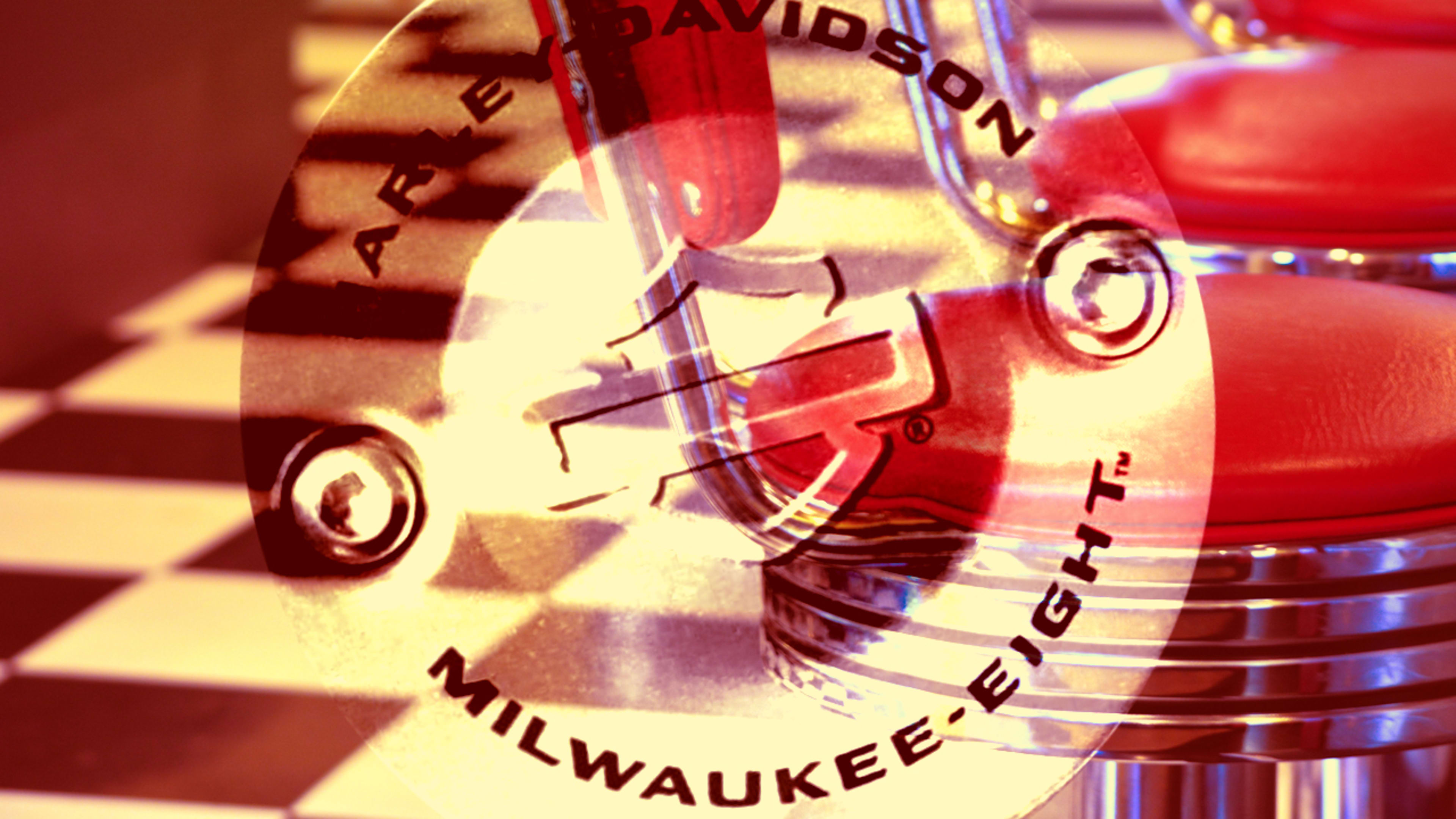At the tiny Miss Worcester Diner in central Massachusetts, the Harley-Davidson logo flies proudly over a wall of flames, part of a colorful mural on display above the entrance. It was painted by a local artist to show the diner’s appreciation for the famed motorcycle brand.
The artwork has been there for a few years, so Kim Kniskern, the diner’s owner, was surprised this week when she received a cease-and-desist letter from Harley-Davidson’s headquarters in Milwaukee asking that the mural be taken down. The letter, from the company’s brand protection division, accused the diner of using Harley-Davidson’s “famous Bar & Shield logo” without permission and said removing it from the diner’s exterior would help ensure a “positive resolution” to the matter.
“I was shocked,” Kniskern tells Fast Company. “We’re kind of a biker diner, and we’re fans. There are always bikes parked outside, and they’re 90% Harleys.”
Miss Worcester Diner is well-known to locals for its eclectic atmosphere and embrace of local artists. In 2015, BuzzFeed named it No. 1 on its list of “American diners you should eat at before you die,” and the establishment is even listed on the National Register of Historic Places. Kniskern says the Harley artwork is only one of many murals on display, and she doesn’t see how it harms the powerful brand in any meaningful way.
But the $5 billion motorcycle giant doesn’t see it that way. “Given the popularity and strength of the Harley-Davidson brand, we often run into enthusiasts such as yourself who utilize our Marks in their commercial endeavors,” the letter says. “However, by using our trademark on the exterior, public facing portion of your business, you have created the impression that there is an affiliation or other relationship with Harley-Davidson when no such relationship exists.”
If the company was expecting the letter to bring about a quiet resolution, it may have to think again. Yesterday, the missive was posted on Facebook by Tony Freitas, the artist who painted the mural, and it immediately sparked a backlash from the diner’s supporters, who accuse the motorcycle company of punching below its weight class. The Worcester Heritage Society has since launched an online petition to save the mural, which received more than 1,000 supporters in just a few hours.
“Harley-Davidson, while highly respected, is being incredibly short sighted in this matter,” the petition reads.
Harley-Davidson did not immediately respond to a request for comment.
Brand protection tactics such as this one are not unusual, but companies sometimes risk doing more harm than good—at least from a public-relations standpoint—when they take on small businesses with loyal followings. This is especially true in the age of social media, when a small bit of saber-rattling is just a Facebook post away from ricocheting around the world. For Harley-Davidson, which has been struggling to win over millennial consumers and recently posted one of the worst quarters in its history, you’d think the last thing it wants is a legal fight with diehard fans.
Kniskern said she’s been overwhelmed and heartened by the flood of positive online support, but in the end, she just hopes she can continue displaying the artwork. “My goal is to be able to leave it up,” she says. “I don’t have the kind of money to fight Harley-Davidson.”
Recognize your brand’s excellence by applying to this year’s Brands That Matter Awards before the early-rate deadline, May 3.
